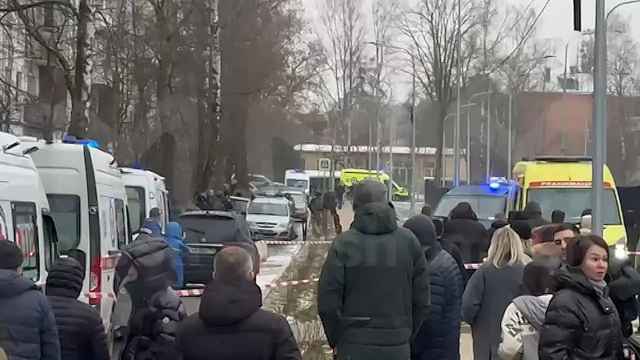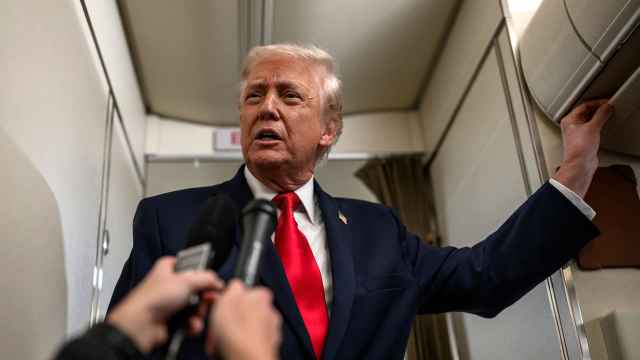KRASNAYA POLYANA — Austrian cross-country skier Johannes Duerr was kicked out of the Sochi Games on Sunday after testing positive for the blood booster EPO. It is the fifth doping case — and most serious so far — at the Olympics.
"It is a black day for us," Austrian Olympic Committee President Karl Stoss said at a news conference on the final day of the Games.
Duerr finished eighth in the men's skiathlon on Feb. 9 and was tested seven days later in Austria, where he had flown back for training. He returned to Sochi and had been due to compete in the 50-kilometer mass start Sunday, the final cross-country event.
Stoss said the team was "shocked" by what happened, adding that Duerr was tested 14 times before this season, with all the results coming back negative. He said the skier's accreditation was pulled and he was on his way home.
At the airport in Sochi, Duerr was remorseful. He told Austrian television he can "only apologize to everyone."
"So many people have been doing all they could to help me and now I have disappointed them with my silliness," he said, adding that he is not sure what awaits him.
"I am not afraid," he said. "I am in a way glad it has come to an end. … This is the worst thing I have done in my life. This is very, very tough. You cannot explain this in three sentences."
EPO is used to boost red blood cells that carry oxygen to the muscles, increasing stamina and endurance. The four other cases involved minor stimulants that can be found in food supplements.
None of the five athletes won medals in Sochi. The other four were: Latvian hockey player Vitalijs Pavlovs, Ukrainian cross-country skier Marina Lisogor, German biathlete Evi Sachenbacher-Stehle and Italian bobsledder William Frullani.
The Austrian cross-country and biathlon teams were at the center of a major doping scandal at the 2006 Turin Olympics. Italian police, acting on a tip, raided the team lodgings and seized blood doping equipment and other substances.
No Austrians tested positive at those Games, but several were later banned for life by the International Olympic Committee. The IOC fined the Austrian Olympic Committee $1 million, and the Austrian ski federation cut funding for biathlon and cross-country for several years.
The IOC is conducting 2,453 drug tests in Sochi, a record for the Winter Games. The Olympic body also stores doping samples for 10 years to allow for retesting when new methods become available.
There was only one positive test at the previous Winter Olympics four years ago in Vancouver. IOC President Thomas Bach said the beefed-up testing is working and catching violators.
"For me it was never a question of the numbers and how many," Bach said Saturday in an interview. "I think it shows we are on the right track."
A Message from The Moscow Times:
Dear readers,
We are facing unprecedented challenges. Russia's Prosecutor General's Office has designated The Moscow Times as an "undesirable" organization, criminalizing our work and putting our staff at risk of prosecution. This follows our earlier unjust labeling as a "foreign agent."
These actions are direct attempts to silence independent journalism in Russia. The authorities claim our work "discredits the decisions of the Russian leadership." We see things differently: we strive to provide accurate, unbiased reporting on Russia.
We, the journalists of The Moscow Times, refuse to be silenced. But to continue our work, we need your help.
Your support, no matter how small, makes a world of difference. If you can, please support us monthly starting from just $2. It's quick to set up, and every contribution makes a significant impact.
By supporting The Moscow Times, you're defending open, independent journalism in the face of repression. Thank you for standing with us.
Remind me later.





